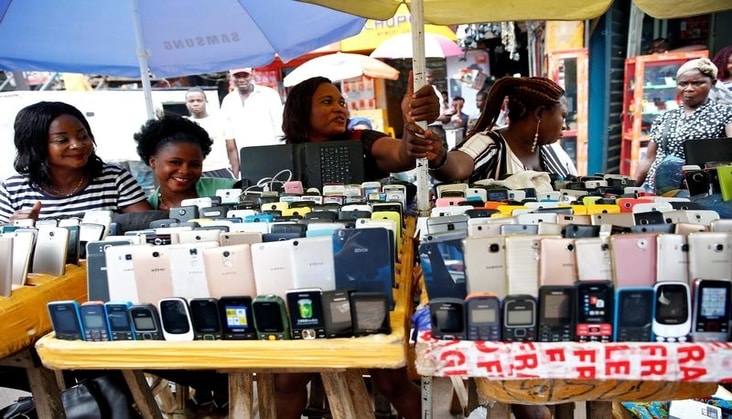Noodles to digital banking? Singapore family-owned Tolaram, which has built its presence in Africa through cereals, noodles and infrastructure, believes it can make the jump.
Tolaram, which has experience in offering credit via mobile phone through Bank Amar in Indonesia, has not yet decided where to start its African venture. It has said that Nigeria, Ghana, Egypt and South Africa are the most likely candidates.
Ambitious digital projects announced with great fanfare often die quietly. McKinsey has estimated that less than 30% of digital transformation projects actually succeed, with the success rate loaded in favour of small companies with fewer than 100 employees.
Tolaram’s CEO Sajen Aswani has said that since the 1940s, the company has entered into about 100 businesses, with that about 75% of the projects failing.
The successes have so far made up for Tolaram’s high failure rate. Its new leap may not be as risky as it looks.
- “Existing business activities could play a key role for the success of any new service, with established infrastructure and knowledge of local regulation providing a springboard,” says Alex Booth, managing director at global investigations firm Kroll in Nairobi.
Tolaram entered Africa through real estate and consumer goods in the 1970s.
The company, which makes Indomie and Minimie noodles in Nigeria, is well placed to make its distributors the first subscribers to their digital banking platform by channeling procurement and sales payments there, says Johnson Ajani, a digital banking expert in Lagos.
- The company’s presence in Africa is “a great advantage for the budding initiative due to the existing relationships and strong ties with diverse distributors,” Ajani says.
- Tolaram is well placed to make its distributors the first subscribers to their digital banking platform by channeling procurement and sales payments there, he says.
- “The team can liaise with these distributors to penetrate the financial industry.”
These distributors, in turn, can serve as a platform for indirect marketing to the wider population, Ajani says.
- Africans will have greater confidence in using a digital bank “knowing full well that large organizations and distributors in the consumer goods and infrastructure market are subscribed as well.”
Population Density
Tolaram’s Bank Amar has lent almost $300 million to about 300,000 customers, but the absence of African population densities comparable with that of Indonesia may be an obstacle to replicating that.
- Indonesia has the world’s fourth-largest population density at 273m and almost 84m smartphone users.
- Nigeria, with the world’s seventh-largest population at 206m, had only 40m smartphone users in 2018 – no more than Ghana.
- The World Bank has estimated that about 45% of Africa’s population is further than 10 kilometres from fibre network infrastructure, a greater proportion than on any other continent.
Lower population densities in Africa may be a “major obstacle”, for Tolaram Ajani says. In Nigeria, the digital banking market is already competitive with players such as ALAT, Kuda and Globus. “Existing ventures like ALAT are working round the clock to retain their customers and expand as well,” Ajani says. Still, “the market is very big and is not designed to have just one supplier.”
“The risk associated with this move is very high, but if proper measures are in place, the business should be able to thrive above these risks and uncertainties,” he argues.
Bottom Line: Tolaram’s existing relationships with distributors give it a better chance than most of overcoming the logistical challenges of African digital banking.
Understand Africa’s tomorrow… today
We believe that Africa is poorly represented, and badly under-estimated. Beyond the vast opportunity manifest in African markets, we highlight people who make a difference; leaders turning the tide, youth driving change, and an indefatigable business community. That is what we believe will change the continent, and that is what we report on. With hard-hitting investigations, innovative analysis and deep dives into countries and sectors, The Africa Report delivers the insight you need.
View subscription options

